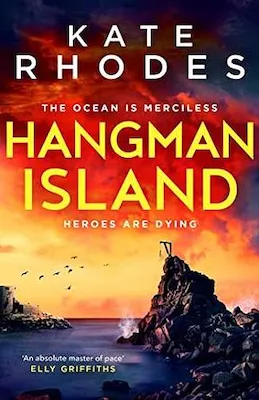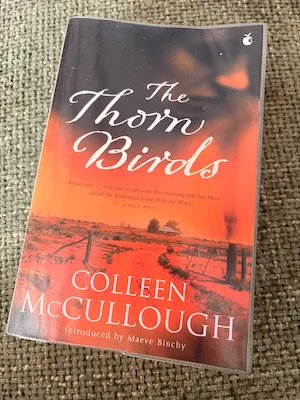The Weight of Water
by Anita Shreve
Tuesday, August 20, 2002

After reading the hefty and only half good Fortune’s Rocks I wanted to read some more of Shreve so I picked the slimmest volume in the bookshop hoping that she could write more consistently compellingly in a shorter work. And I got what I wanted - this book would have been unputdownable if I hadn’t have had so much to do. I woke up before my alarm this morning and before I got a chance to decide whether I really ought to try and get a little more sleep my head had decided I needed to finish this book off.
There are two stories intertwined here. There is a modern day story told in the first person by a photographer visiting the Isles of Shoals off the coast of New Hampshire. She is photographing the islands where a double murder took place in 1873 and is staying on a boat with her husband, her young daughter, her brother-in-law and his girlfriend and we see the often tetchy interaction between them in the close quarters. The second story is told in the first person by the only survivor of the nineteenth century double murder. This is in the form of a lost manuscript that the photographer finds during her research.
Shreve does a decent job of writing suspense here though the technique of switching stories and including a disjointed fragment of the older story at every point of tension in the modern day story began to get wearing after a while. The more measured voice of the nineteenth century woman does counter the sometimes hysterical tone of the modern day woman and the hysterical tone isn’t a bad thing, it’s a very good portrayal of someone who isn’t quite certain what’s going on around her and sometimes can’t cope with her own thoughts.
Something I have a bit of a problem with is that the nineteenth century murder is a real crime. Two Norwegian immigrant women really did die by the axe on Smutty Nose Island and Louis Wagner was hanged for the crime. Maren Hondvedt who narrates the story was a real person. Shreve weaves her fictional story through the real court testimony and comes up with a different interpretation of events. I find this all a bit chilling. Not really knowing where the line between reality and fiction is drawn leaves me a bit ambivalent about the book. It’s an excellent story but I wish, somewhat ridiculously, that it all came from the author’s imagination.









